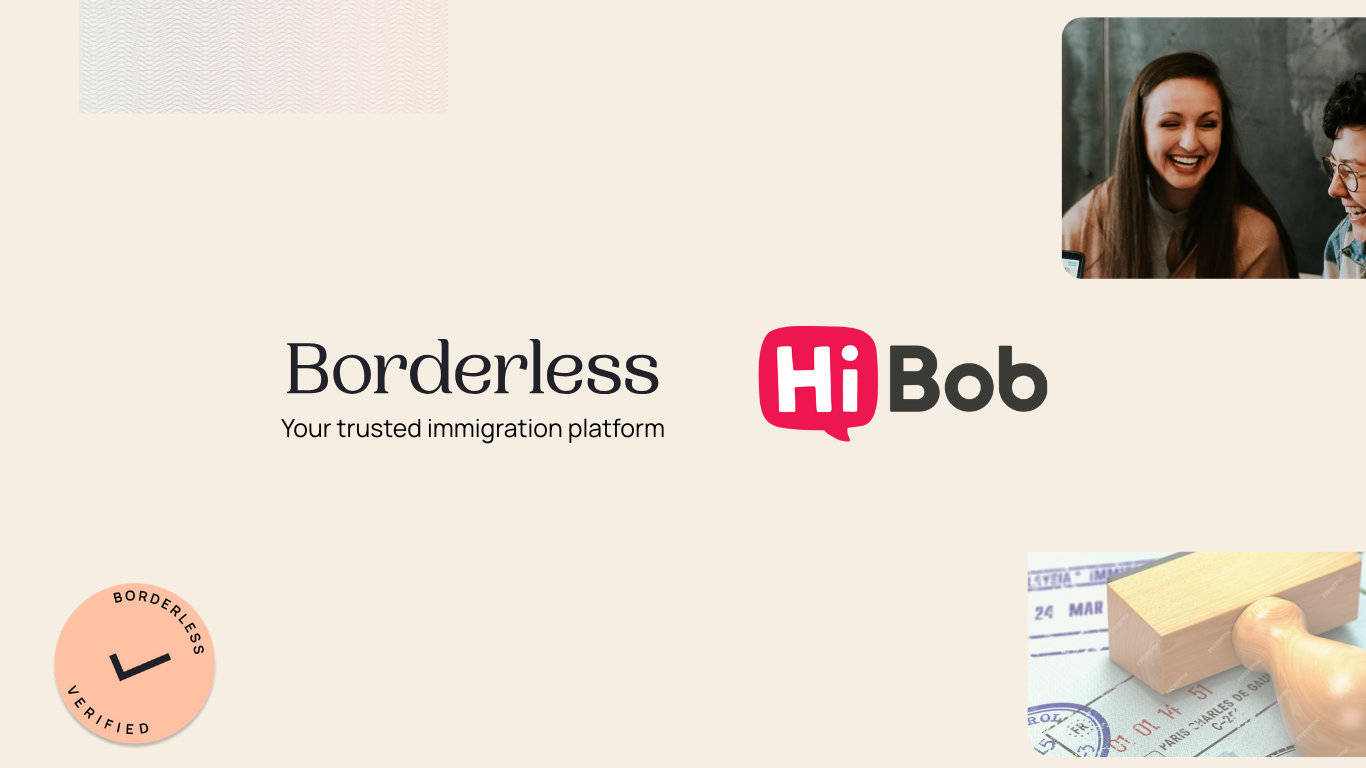If you’re looking to sponsor a Skilled Worker applying from outside the UK, you’ll need to apply for a Defined Certificate of Sponsorship (DCoS) through the Sponsor Management System (SMS).
Defined CoS requests are a routine part of the recruitment process for many UK employers. However, in light of major changes set out in the 2025 Immigration White Paper, there are now critical restrictions that employers—especially those in the adult social care sector—must understand.
This guide explains:
- What a DCoS is and when it’s required
- How the 2025 White Paper has changed the rules
- Who can still use DCoS—and who can’t
- What evidence you need to submit
- How to avoid delays and rejections
What Is a Defined Certificate of Sponsorship?
A Defined Certificate of Sponsorship (DCoS) is a digital document issued by a licensed sponsor to a foreign national applying for a Skilled Worker visa from outside the UK.
Defined CoS are used only when the applicant is overseas. If the worker is already in the UK and applying to switch visas or extend their permission, you must assign an Undefined CoS instead.
DCoS requests must be made individually through the SMS—there’s no annual allocation like with Undefined CoS.
What’s Changed Under the 2025 Immigration White Paper?
The 2025 Immigration White Paper, published in March, introduced sweeping reforms aimed at reducing net migration and tightening sponsor oversight.
One of the key changes is that employers in the adult social care sector can no longer assign Defined Certificates of Sponsorship to overseas Skilled Worker applicants.
❗ This means: If you are a care provider trying to sponsor a worker from outside the UK, you can no longer use a DCoS. Sponsorship is now only permitted for care workers already inside the UK, using an Undefined CoS.
This policy shift is intended to reduce overseas recruitment in lower-wage care roles and encourage “homegrown” workforce development. It is part of the government's broader strategy to curb long-term reliance on international recruitment in social care.
Who Can Still Use a Defined CoS?
Despite the changes, employers in most other sectors can continue to apply for Defined CoS, including:
- Technology and engineering firms
- Construction and infrastructure
- Finance and professional services
- Higher education institutions
- NHS (non-care roles)
You should apply for a DCoS when:
- You are hiring a Skilled Worker who will apply from outside the UK
- You don’t already have a DCoS available in your SMS account
- You want to prepare for future recruitment even if no worker has been identified yet
How to Apply for a DCoS
- Log into the Sponsor Management System (SMS)
- Go to the ‘Defined CoS’ request section
- Enter job-specific details:
- Job title
- SOC (occupation code)
- Salary and working hours
- Start date and contract type
- Job description and location
- Submit the request
Applications are typically approved within 1 working day, but this can vary if the Home Office initiates additional checks.
Why DCoS Requests Are Getting Tougher
As part of the White Paper’s compliance agenda, the Home Office has started placing greater scrutiny on DCoS applications. Sponsors may now receive follow-up questionnaires and evidence requests, especially if:
- The salary is close to the minimum threshold
- The job description appears generic
- The SOC code is often misused or over-applied
Common Evidence Requests from the Home Office
Sponsors have reported being asked for:
- A business case for the role
- Full job description and duties
- Organisational chart
- Employee rota and worksite breakdown
- Financial accounts or proof of payroll
- Employment contracts for similar roles
- Client contracts, if off-site work is involved
- Company website URL
If your application lacks detail, you may face delays or refusals.
Automate Home Office Audits with Borderless
The Borderless platform provides a centralized system for all sponsorships, automating reminders for key tasks and ensuring best practices across your organization, simplifying audit preparation and ongoing compliance.
Why DCoS Applications Get Refused
The most common reasons include:
- Using an incorrect SOC code
- Salary doesn’t meet the minimum threshold
- Role isn’t considered “genuine”
- Missing or vague job descriptions
- Past non-compliance or sponsor history
To avoid issues, ensure that job roles meet the criteria set out in the Skilled Worker visa route and that your supporting information is complete.
What Employers in Adult Social Care Should Do Now
If you're in the care sector and previously relied on Defined CoS to sponsor overseas carers, you’ll now need to:
- Focus on UK-based applicants only
- Assign Undefined CoS to candidates already in the UK (e.g. graduates, switching routes)
- Review your sponsor licence duties to avoid any compliance risk
- Consider long-term recruitment planning that doesn’t depend on overseas hiring
For many providers, this will mean adjusting recruitment pipelines and strengthening retention of the existing workforce.
Need Help Applying for a Defined CoS?
At Borderless, we help UK employers manage DCoS requests from start to finish—including:
- Role vetting and SOC code selection
- Preparing business cases and documentation
- Handling follow-up queries from the Home Office
- Ensuring your request meets Skilled Worker route requirements
If you're unsure whether a DCoS is still allowed for your role or want to avoid rejection, we can help you get it right the first time.






